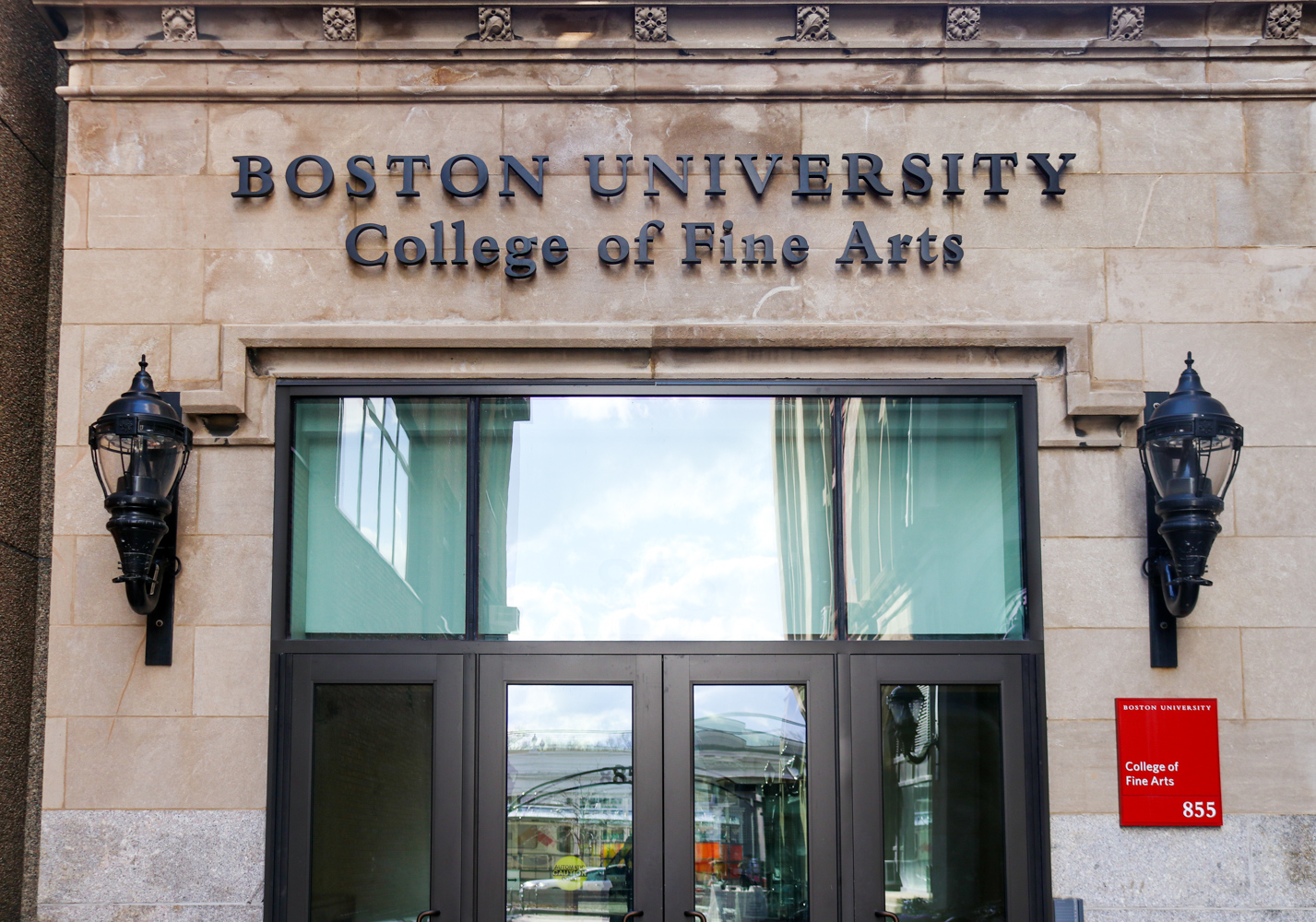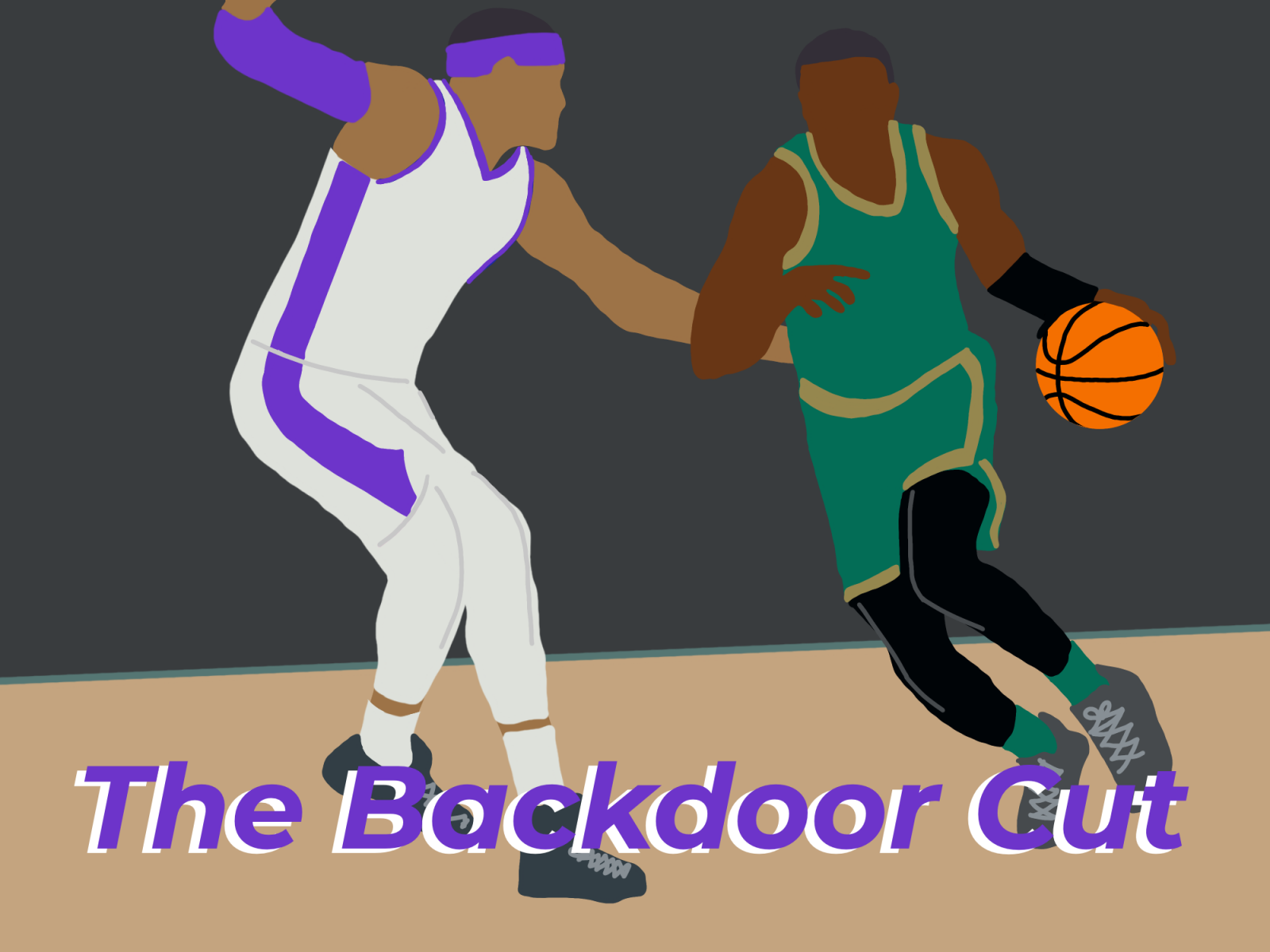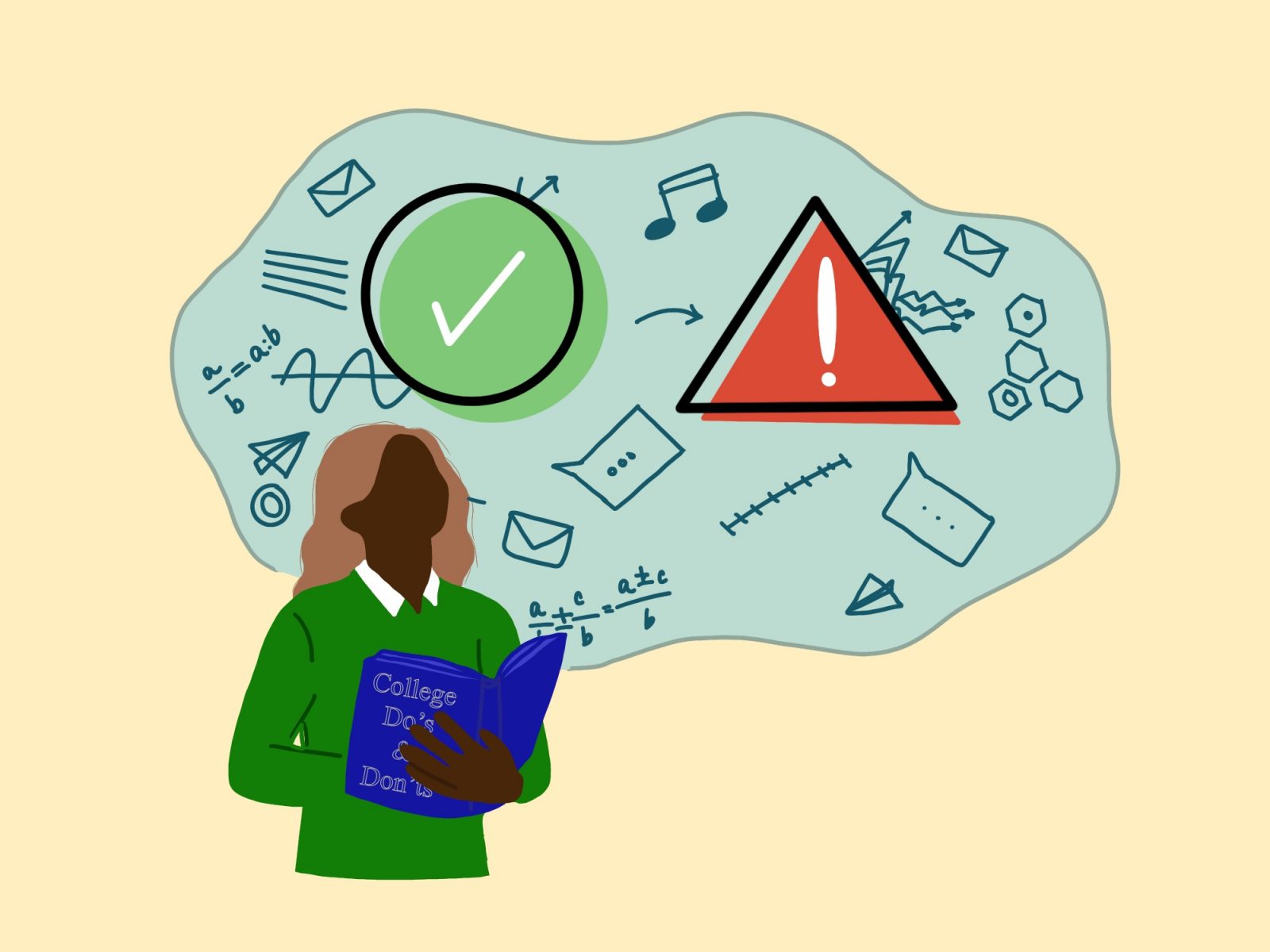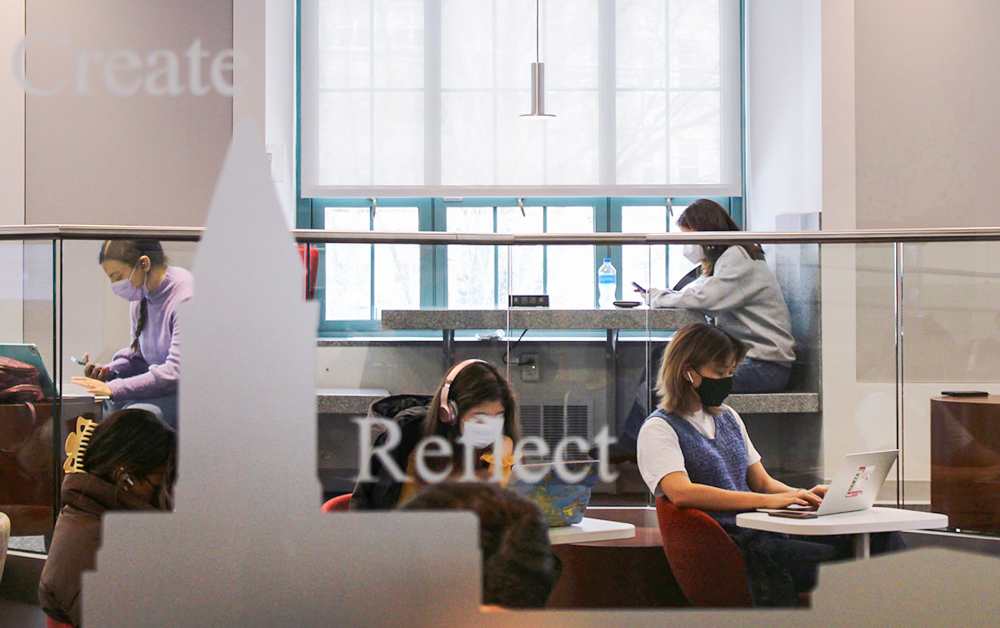Boston University students are passing notes, avoiding the chalkboard and staring intently at their computer screens – and in at least one class, it’s all at the instructor’s request.
Metropolitan College has begun to use tablet PCs in a math class after it received an $80,000 grant from Hewlett-Packard.
The tablets allow students to sketch notes on a screen with digital pens and send problems to their professor’s tablet. The added technology has gotten students more involved in class, science and engineering program Chairwoman Carla Romney said.
‘It’s very student-directed, with my oversight,’ Romney, who is also the School of Medicine assistant dean, said. ‘It’s a student-to-student teaching method.’
After meeting MET Dean Jay Halfond with her proposal to request a grant from HP, Romney worked closely with nine students who had taken the College Math and Trigonometry course over the past three years to develop the tablet PC version of the course.
MET matched the HP grant with ‘surplus funds’ to transform a room in the Peter Fuller Building into a tablet PC lab, Halfond said in an email.
In class last Thursday, Romney worked through example problems on her personal tablet, while the PowerPoint projection at the front of the classroom transcribed her work onto the master slide and students’ personal tablets.
As Romney moved onto the next slide, the students tried the problem on their own. They wrote their work onto their tablets and instantly sent their answer to the professor’s master tablet, which allows her to anonymously put student’s work onto the PowerPoint at the front of the classroom.
‘What I’m seeing is engagement has been much higher,’ Romney said. ‘You know you’re sending it in. You know your work is getting looked at. Peers critique each other’s work anonymously. The best way to learn math is to learn from the mistakes that others make.’
The interactive method only requires students to bring in a flash drive to class instead of heavy notebooks. Students simply plug the flash drives into their personal tablets to save their notes, the professor’s notes and class examples, Romney said.’
Students can access the PowerPoint slides online through the CourseInfo website and watch them in realtime with audio recordings of Romney’s lecture and class input.
‘The interactivity that may otherwise get lost remains,’ MET Associate Dean Stoyanka Zlateva said. ‘In a conventional classroom, one part is the professor, one part the student. Sometimes they get together; sometimes they don’t.’
MET freshman Chris Hernandez said the PC tablets contribute to his learning experience.
‘You see the way the other people go about the problem,’ Hernandez said. ‘You can see different ways of doing the problem. It’s good in that sense. Everyone does the problem; she doesn’t have to go around and help just one person.’
MET freshman Jennifer Villegas said she thinks the method not only enhances her learning, but additionally keeps her engaged in class activities.
‘It’s not like pencil and paper, which is very boring and makes you fall asleep taking notes from the board,’ she said. ‘It’s definitely a new experience, and it has made me get more information and learn more through doing problems interactively with other peers.’
MET program puts it on the tablet
By Daily Free Press Admin
•
October 6, 2008
0
More to Discover





























































































































